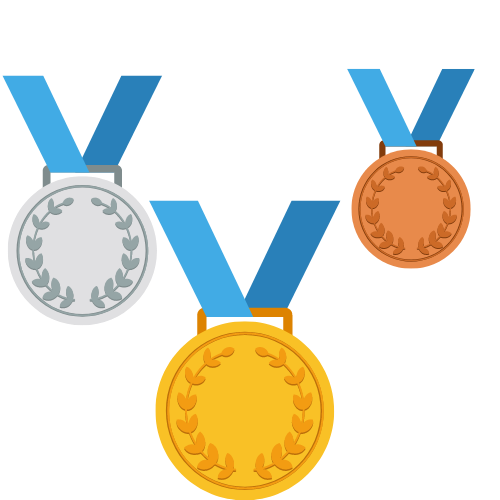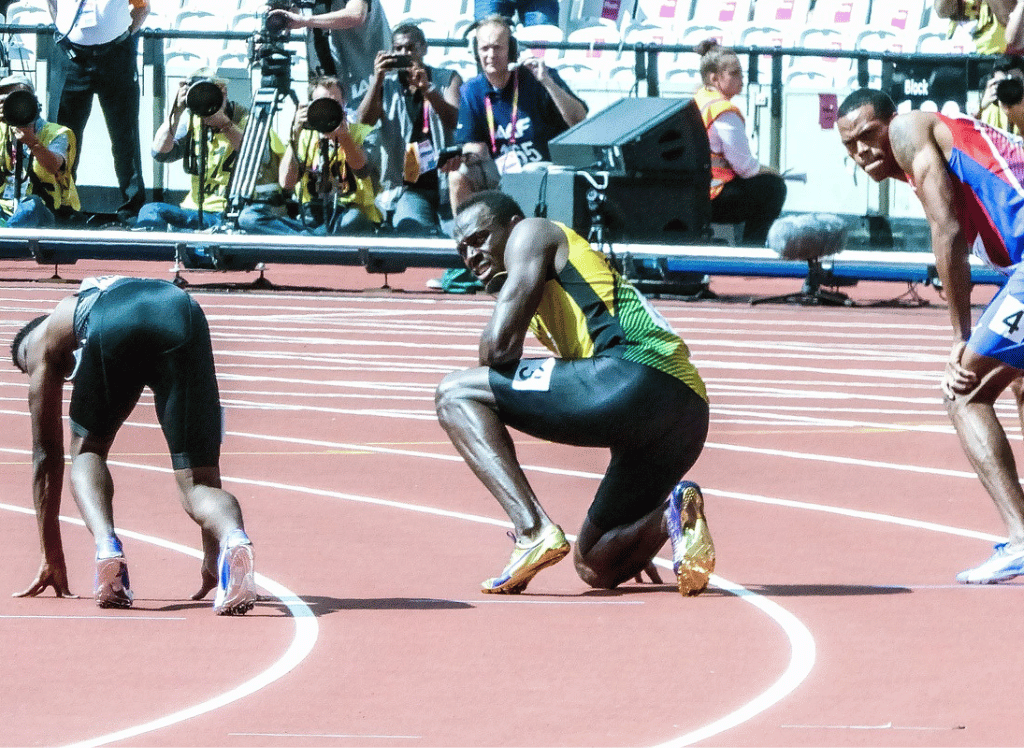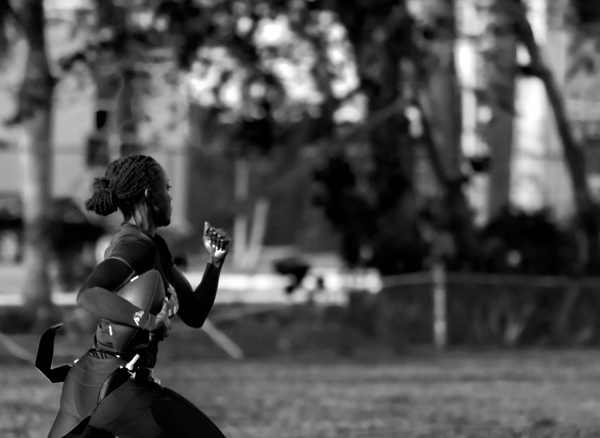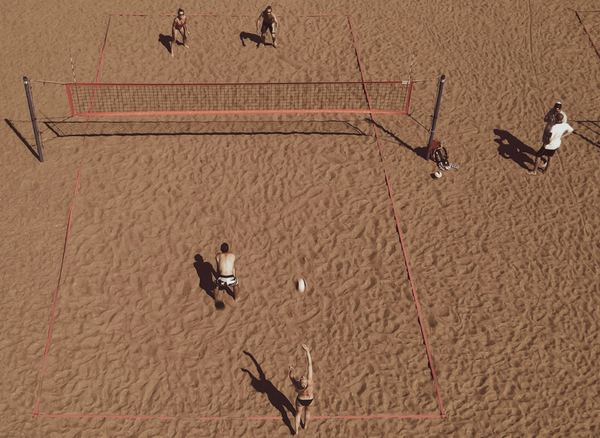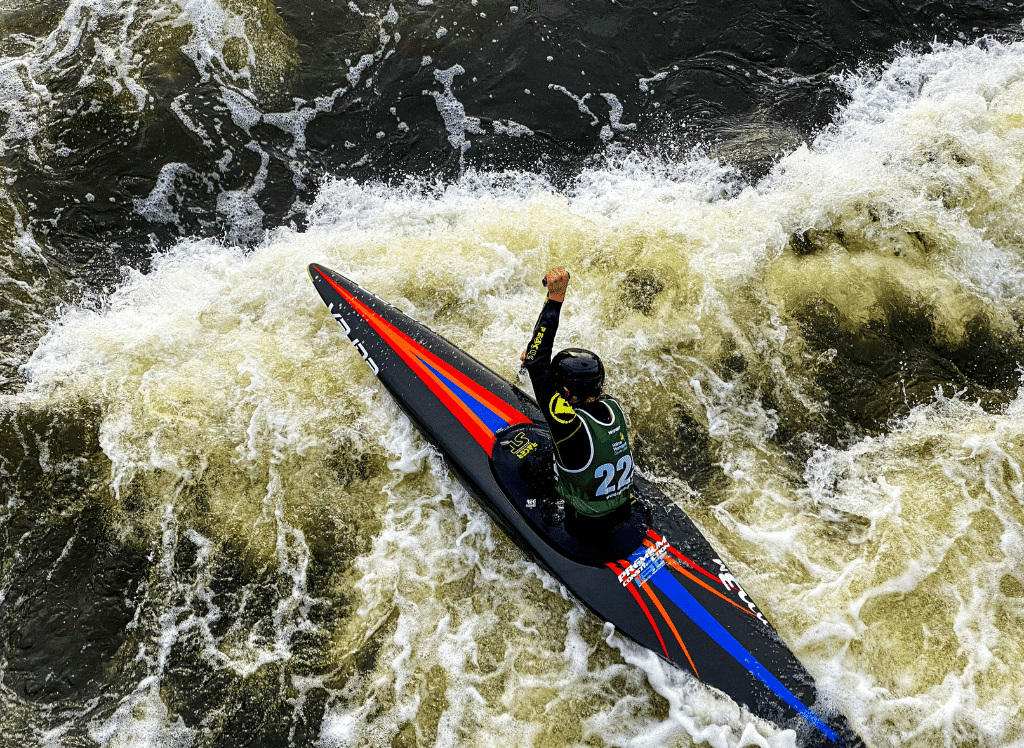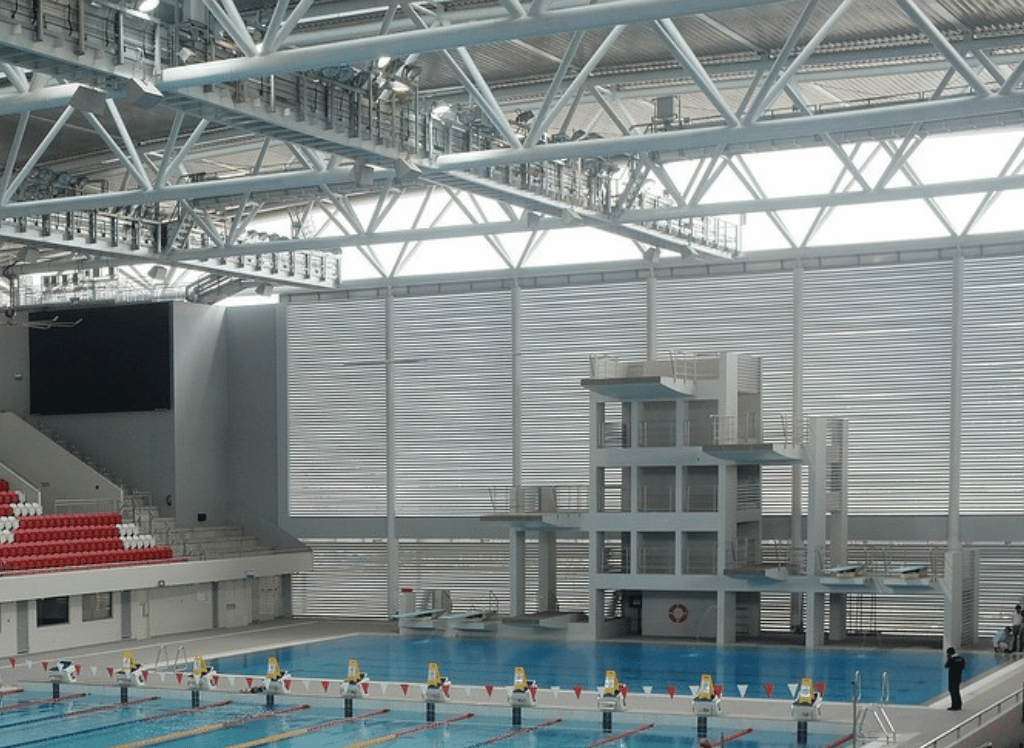Ever wondered what makes Special Olympics so special? It's not just about the games; it's about changing lives, one sport at a time. From year-round sports training to free health screenings, Special Olympics makes a difference for people with disabilities.
The Birth of Special Olympics
Special Olympics began in 1968, thanks to the vision of Eunice Kennedy Shriver. The first games were held at Soldier Field in Chicago, where athletes with intellectual disabilities showcased their talents. This event marked the beginning of a movement that would transform the lives of millions around the world.
Year-Round Sports Training
Special Olympics offers year-round training and competition opportunities in Olympic-type sports. Athletes can participate in summer games, winter games, and unified sports, which pair athletes with and without intellectual disabilities. This continuous training helps athletes develop physical fitness and demonstrate courage.
Free Health Screenings
One of the unique aspects of Special Olympics is its commitment to the overall well-being of its athletes. The organization provides free health screenings through its Healthy Athletes program. These screenings cover various health areas, ensuring that athletes are in top shape for competition.
Building Self-Esteem and Social Skills
Special Olympics is more than just sports; it's about building self-esteem and social skills. Through training and competition, athletes gain confidence and learn valuable social skills. This experience helps them in their daily lives, making them more independent and self-assured.
Unified Sports: Bridging the Gap
Unified sports bring together athletes with and without intellectual disabilities on the same playing field. This inclusive approach fosters friendships and understanding, breaking down barriers and creating inclusive communities. Unified partners play a crucial role in this initiative, promoting teamwork and camaraderie.
Young Athletes Program
The Young Athletes program is designed for children aged 2 to 7. This initiative focuses on developing motor skills and introducing young people to the joy of physical activity. It's a fun and engaging way for children to get involved in sports from an early age.
Competition Opportunities
Special Olympics offers a wide range of competition opportunities for athletes of all ages. From local events to international competitions, athletes have the chance to showcase their skills and compete against other Special Olympics athletes. These events are a celebration of their hard work and dedication.
Transformative Power of Sports
The transformative power of sports is evident in the lives of Special Olympics athletes. Through training and competition, athletes experience joy, build self-confidence, and develop physical fitness. This positive impact extends beyond the playing field, influencing their overall well-being.
Inclusive Communities
Special Olympics aims to create inclusive communities where people with intellectual disabilities are valued and respected. By participating in Special Olympics, athletes and their families become part of a supportive community that celebrates their achievements and promotes inclusion.
Government Officials and Support
Government officials play a vital role in supporting Special Olympics. Their involvement helps raise awareness and secure funding for programs and events. This support is crucial for the continued success and growth of Special Olympics around the world.
Charity Navigator and Four-Star Rating
Special Olympics has received a four-star rating from Charity Navigator, a testament to its transparency and effectiveness. This rating assures donors that their contributions are being used wisely to support athletes and programs.
Upcoming Events
Special Olympics hosts numerous events throughout the year, including summer games, winter games, and day camps. These events provide continuing opportunities for athletes to compete and showcase their skills. Keep an eye on the Special Olympics website for information on upcoming events.
Special Olympic FAQs
What is Special Olympics?
Special Olympics is a global organization that offers year-round sports training and competition for people with intellectual disabilities. It aims to create inclusive communities and promote the well-being of its athletes.
How did Special Olympics begin?
Special Olympics began in 1968, founded by Eunice Kennedy Shriver. The first games were held at Soldier Field in Chicago, marking the start of a movement that has transformed the lives of millions.
What are unified sports?
Unified sports bring together athletes with and without intellectual disabilities on the same team. This inclusive approach fosters friendships, understanding, and teamwork, breaking down barriers and creating inclusive communities.
How to qualify for special Olympics world games?
Athletes must first compete in local and regional competitions to be eligible for the Special Olympics World Games. They must also meet specific criteria set by their country's Special Olympics program. Each country may have different requirements, so it is best to check with your local program for more information.
Summary
Special Olympics is a transformative organization that provides year-round sports training and competition for people with intellectual disabilities. Through its programs, athletes develop physical fitness, build self-esteem, and experience joy. Special Olympics fosters inclusive communities and promotes the well-being of its athletes.
